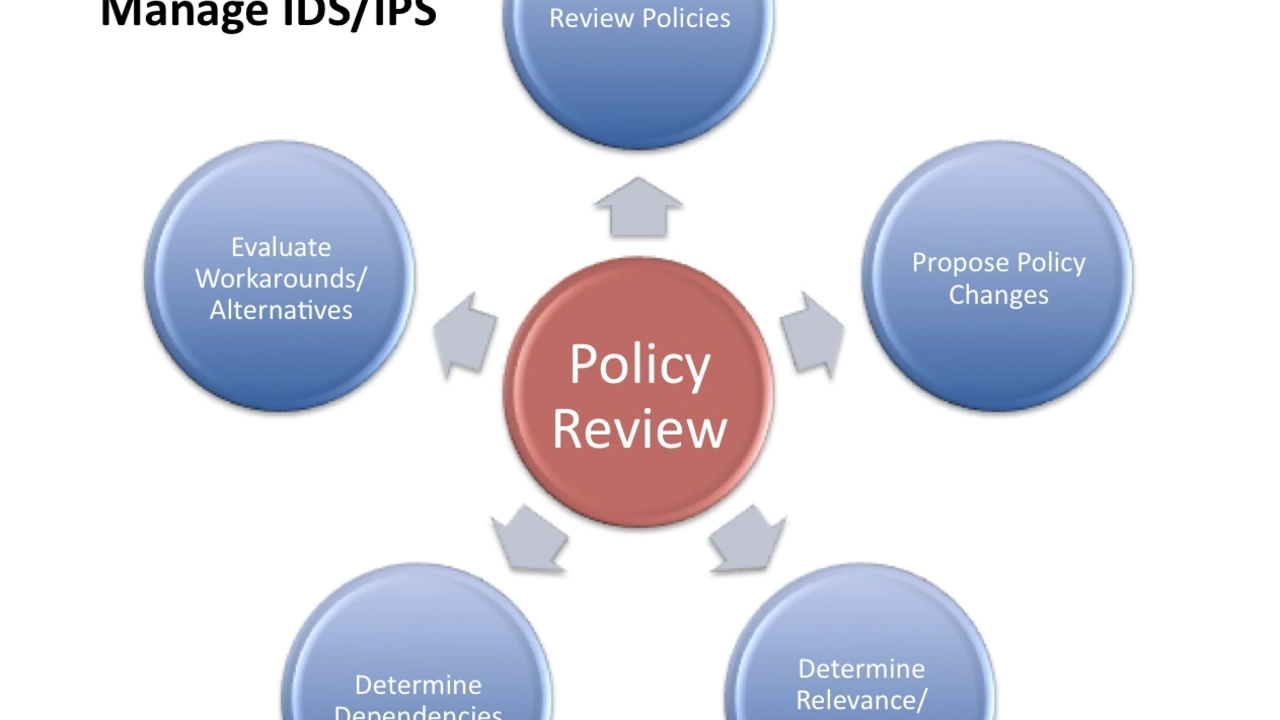Understanding the Game: Stress and Diabetes
You see, stress plays a pretty significant role in our lives, in ways we don't even always realize. Once upon a time, when our ancestors were getting chased around by saber-toothed tigers, stress was a helpful friend: that quick jolt of energy and sharp focus was what kept them alive. But here in the 21st century, where saber-toothed tigers have been replaced by traffic jams and looming deadlines, chronic stress has become a persistent annoyance. This is especially true for those living with diabetes. It interferes with your diabetes management in ways you may not have imagined. I know, because I am one of those people.
Biology or Betrayal: How Stress Affects Our Bodies
We humans are pretty complicated creatures, especially when it comes to our internal workings. Any health wizards among us, or those familiar with the concept of ‘fight or flight’, know that our bodies respond to stress by releasing hormones like adrenaline and cortisol. They trigger the release of glucose stored in the liver into the bloodstream (like a turbo energy boost) in case we need to leg it out of a dangerous situation. For a person with diabetes, though, this response is less Boston Marathon and more Titanic-meets-the-iceberg.
When we're in a chronic stress state, our bodies keep pumping out glucose in the expectation that we'll burn it off through physical exertion. But we're usually not using those glucose spikes for caveman-style survival activities, and for folks like me who have diabetes, this stress-induced glucose increase is difficult to manage. This, in turn, makes it trickier to balance insulin levels and blood sugar, potentially leading to dangerously high sugar levels, a condition better known as hyperglycemia.
From Deskercise to Downward Dog: The Importance of Regular Exercise
Now, if like me, you follow a classic Seattle lifestyle - loads of high-tech work, micro-roast coffee, artisan beer, and a touch of rain, then regular exercise and active movement might not be as high up on your list. But let me tell you, a walk or a jog in the morning mist of Seattle or a midday break for a quick yoga sequence can do wonders for stress and diabetes management.
Exercise helps pull sugar from the blood and into your muscles where it's needed, relieving the log-jam effect. This not only helps reduce blood sugar levels but also improves insulin sensitivity – meaning your body gets better at using insulin to manage the glucose in your blood. Plus, we all know that sweet, sweet post-exercise endorphins and the feeling of accomplishment that comes with it is an instant de-stressor and mood booster.
Om Nom Nom: Dietary Choices for a Balanced Response
We're about to take a culinary journey - grab a snack. The food we eat directly influences the amount of glucose that enters our bloodstream. Balancing macronutrients – proteins, fats, and carbs – is a lifeskill that comes in handy when you’re staring down the barrel of a stressful day or a big project. Complex carbs, lean proteins, healthy fats, and plenty of fiber are the cornerstones here.
Let's pause for a second for a food fact: Did you know that chocolate, especially dark chocolate, can help regulate stress levels? It’s scientifically proven! So, dipping your strawberries in some melted high-cocoa dark chocolate now and then isn’t the worst idea. (Just be careful with the portion, obviously. It is still a dessert.)
The Art of Being: Mindfulness and Its Magic
Now let me tell you a secret weapon of mine – mindfulness. We live in an age of constant multitasking, always juggling several things at once. This scattered focus increases our stress levels substantially, causing not-so-great effects on our diabetes management. Mindfulness is essentially the practice of being present, fully engaging with whatever we’re doing at the moment – it’s an effective stress buster that can also indirectly contribute to better diabetes control.
Whether it's practicing mindful eating by savoring each flavor and texture of your food, or spending some quiet time with an interesting book while sipping your cup of Seattle’s best brew, it makes a huge difference. Earlier this year, caught up in a demanding work schedule and feeling my stress levels (and blood sugars) climb, I started practicing a few minutes of mindful meditation daily. And let me tell you, the impact it has had on both my stress and my diabetes management has been incredible.
Bedtime Stories: The Role of Adequate Sleep
Remember the enchanting tales from the Land of Nod when we were kids? Now, sleep might look like a luxury. Adults need between 7 to 9 hours of sleep per night for optimal function. But aside from making you the morning-mood equivalent of a grizzly bear, lack of sleep can also mess up your body's insulin usage. So, hitting the sack at a reasonable hour is a crucial part of reducing stress and controlling your blood sugar levels.
The Food-Mood Tango: Emotional Eating and Diabetes
There's a psychological angle to all this, too. Stress often triggers emotional eating, and you reach out for that frosted donut or a pint of ice cream to comfort yourself. It might feel great at the moment, but in the long run, it leads to weight gain and difficulty in controlling blood sugar levels.
I've been there. I remember a particularly stressful month at work when my good friend Ben & Jerry seemed like they held the solution to all my problems. But, as you might guess, my blood sugar levels weren't quite as thrilled by our newfound friendship. Learning to identify emotional eating, and having healthier alternatives on hand, is a must-do in the stress-diabetes dance.
Fun vs Run: Hobbies and Distraction Techniques
So here’s my key secret, something that has worked wonders for me in my journey with diabetes and stress - Hobbies! Photography, cooking, painting, salsa dancing – you name it. When you're engrossed in an activity that you deeply enjoy, your brain releases happy chemicals called endorphins. Consider them your built-in stress-relievers. They take focus off what's stressing us out, and we emerge calmer and more ready to take on the world – and managing diabetes without letting stress rule us.
So, there we have it - how stress influences diabetes, and how to navigate this tricky landscape. As I've learned, and hopefully, you have too, managing stress is a crucial part of diabetes care. It’s a journey, and it's all about finding what works best for you. Here's to stress-free (or at least, less-stressed) days, stable sugar levels, and cheerful dispositions!







S. Davidson
July 31, 2023 AT 22:45Your post nicely outlines the stress cascade, but you gloss over a critical point: the role of cortisol in hepatic gluconeogenesis is not optional-it dominates the hyperglycemic response. In practice, patients who ignore cortisol spikes end up in a vicious loop that no amount of yoga can break. Moreover, the suggested “walk in the mist” is a romanticized excuse; clinicians prescribe structured aerobic sessions precisely because spontaneous strolling lacks intensity. If you really want to help diabetics, stop romanticizing stress and start quantifying cortisol with salivary assays.
Haley Porter
August 1, 2023 AT 22:45Analyzing the psychophysiological interface, one notes that chronic catecholamine discharge synergizes with glucocorticoid pathways, precipitating a dysmetabolic spiral. This phenomenology is not merely anecdotal; it is substantiated by longitudinal cohort analyses that map stress indices to HbA1c trajectories. Consequently, the recommendation to intersperse mindfulness with macro‑nutrient timing is both pragmatic and empirically grounded. Yet, the discourse would benefit from a deeper exposition of the neurocircuitry involved, particularly the role of the amygdala‑hypothalamic axis in mediating anticipatory glucose flux.
Samantha Kolkowski
August 2, 2023 AT 22:45i think the article really hits home for a lot of us.
Nick Ham
August 3, 2023 AT 22:45The stress‑glucose feedback loop is a textbook example of endocrine dysregulation. Without interval training you’re simply fueling a pathological hyperglycemic state.
Jennifer Grant
August 4, 2023 AT 22:45When we contemplate the intricate choreography between the hypothalamic‑pituitary‑adrenal axis and pancreatic β‑cell function, we enter a realm where biology and philosophy intersect.
Stress, in its chronic incarnation, acts like a relentless drummer, beating out cortisol and adrenaline that mercilessly march glucose into the bloodstream.
For a person living with type 1 or type 2 diabetes, this physiological symphony can quickly become cacophonous, overwhelming the delicate insulin‑mediated homeostasis.
The ancient Stoics might have advised us to cultivate apatheia, a tranquil indifference to external turmoil, yet modern neuroscience tells us that such mental training can modulate autonomic output.
Empirical studies from Harvard and the University of Helsinki demonstrate that mindfulness‑based stress reduction (MBSR) can lower hemoglobin A1c by up to 0.5 % over six months.
In addition, the cultural practice of communal meals, as seen in Mediterranean societies, provides not only nutritional balance but also social buffering against psychosocial stress.
Contrast that with the American fast‑food paradigm, where solitary meals in front of a screen exacerbate cortisol spikes and insulin resistance.
I have observed, in my own clinical practice, that patients who engage in regular group yoga report fewer hypoglycemic episodes during periods of high occupational pressure.
The mechanistic underpinnings lie partly in increased parasympathetic tone, which attenuates hepatic glucose output.
Moreover, the act of deliberate breathing engages the vagus nerve, fostering a cascade of anti‑inflammatory cytokine release.
From a nutritional standpoint, incorporating polyphenol‑rich dark chocolate offers a dual benefit: modest improvement in endothelial function and a measurable reduction in perceived stress.
Nevertheless, one must be vigilant about portion size, because excess fructose can paradoxically elevate triglycerides and impair insulin signaling.
Sleep hygiene rounds out this holistic approach; a consistent 7‑ to 8‑hour period aligns circadian rhythms that dictate insulin sensitivity peaks.
In my view, the synthesis of these interventions-mindfulness, purposeful movement, culturally informed diet, and restorative sleep-constitutes a modern renaissance in diabetes self‑management.
Thus, while the original post captures the surface of stress‑induced glycemic volatility, delving deeper reveals a tapestry of interwoven lifestyle, neuroendocrine, and sociocultural threads that, when harmonized, can transform the diabetic experience.
Kenneth Mendez
August 5, 2023 AT 22:45Don’t let the mainstream media tell you that a quick nap is all you need; it’s a distraction to keep us docile while big pharma pushes their sugar‑laden meds.
The real culprits are the endless corporate emails that spike cortisol while you stare at a screen flashing patriotic slogans.
Wake up, protect your pancreas, and stop buying into the sugar‑fuelled narrative.
Gabe Crisp
August 6, 2023 AT 22:45Stress management is a personal responsibility that cannot be outsourced to dubious health fads. Ignoring this principle only endangers both self and community.
Paul Bedrule
August 7, 2023 AT 22:45The ontological substrate of stress acts as a catalyst for metabolic dysregulation, a premise underscored by neuroendocrine feedback loops.
Hence, integrating phenomenological awareness with empirical glycemic monitoring yields a more coherent therapeutic schema.